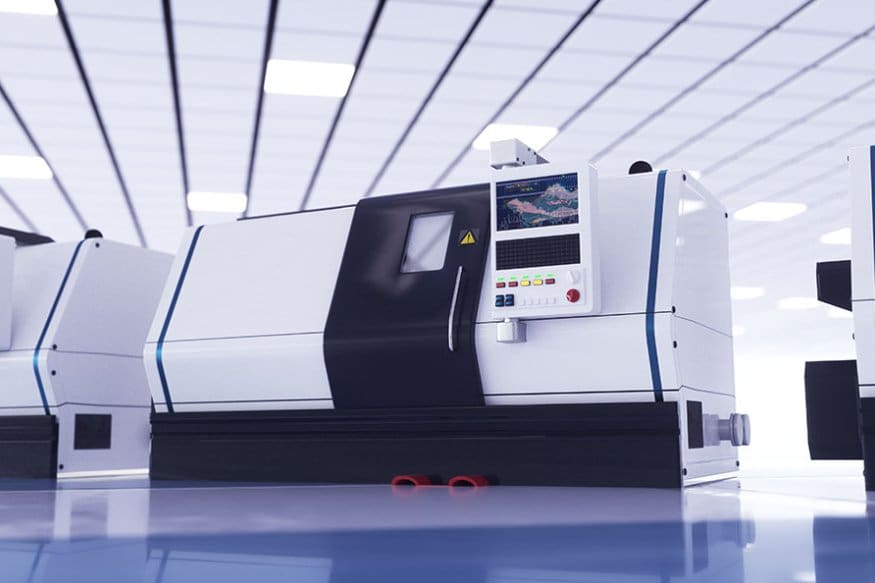Amazon’s New AI Assistant: Rufus
Amazon.com introduces Rufus, its latest AI assistant aimed at aiding shoppers with product queries. Despite promises to guide users to suitable items, concerns arise over potential bias favouring Amazon’s profits and sponsored products.
Amidst an antitrust lawsuit, the FTC accuses Amazon of a “pay-to-play” system, spotlighting products based on advertising spending. Amazon refutes allegations, vowing to challenge the lawsuit.
Amazon introduced Rufus, a consumer chatbot which uses artificial intelligence to provide a personal shopping assistant to customers. https://t.co/Kpp0sGgSdi
— Forbes (@Forbes) February 6, 2024
Rufus’s algorithm remains secretive, drawing scepticism from analysts like Michael Pachter, who speculate on potential advertising integration.
While trained on diverse data sources, including product catalogues and web content, transparency about Rufus’s operations remains limited, prompting further scrutiny.
Nvidia’s Record High: Goldman Sachs Raises Price Target
Nvidia’s shares poised to reach new heights following Goldman Sachs’ upward adjustment of the chip maker’s price target, projecting substantial earnings surge from the AI industry boom.
Pre-market trading shows a 3.4% increase, propelling the stock to $683.80 and potentially boosting market capitalization by $55 billion, reaching $1.63 trillion.
#Goldman says $800 per #Nvidia share. Who bids more?
▶️ Discover today’s market highlights on our #MarketTalk with @IpekOzkardeskay: https://t.co/xTqtSKHGTG pic.twitter.com/q0SlfWKhak— Swissquote (in English) (@Swissquote) February 6, 2024
Despite a remarkable 34% surge year-to-date, Nvidia’s soaring stock price raises concerns about relative affordability compared to peers, trading at 31.4 times forward earnings estimate versus the industry average of 22.9. Nevertheless, Goldman Sachs analyst Toshiya Hari remains bullish, foreseeing further growth potential.
Canon’s New Lithography Machines Garner Early Interest
Japan’s Canon reports that initial interest in its latest lithography chip-making machines surpasses expectations, marking a significant effort to narrow the gap with ASML, a Dutch competitor.

ASML’s extreme ultraviolet (EUV) lithography machines, utilised by industry giants like TSMC and Intel, have propelled it to become Europe’s leading tech company. Canon’s unveiling of nanoimprint lithography machines in October aims to offer a cost-effective and energy-efficient alternative, sparking industry debate about their potential.
These machines, which directly imprint circuit patterns onto wafers, highlight Canon’s commitment to innovation in semiconductor manufacturing.




















